https://goodmenproject.com/business-ethics-2/guys-saving-wor…ship-kldg/


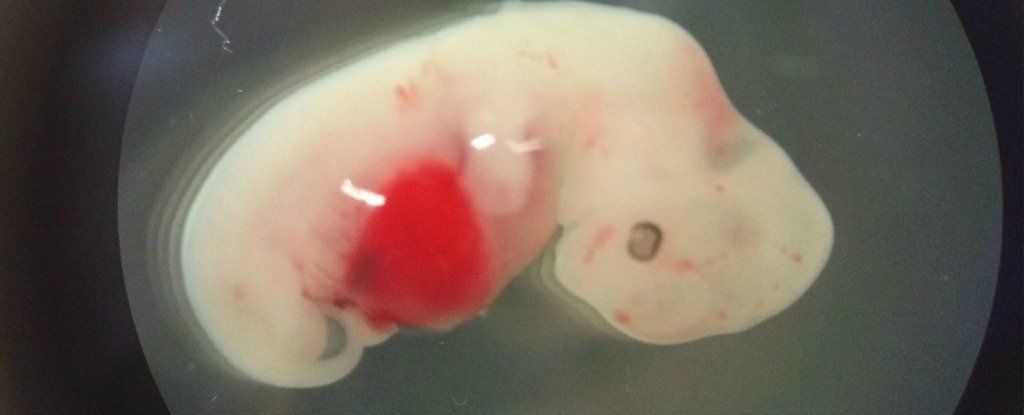
Researchers have achieved a new kind of chimeric first, producing sheep-human hybrid embryos that could one day represent the future of organ donation – by using body parts grown inside unnatural, engineered animals.
With that end goal in mind, scientists have created the first interspecies sheep-human chimera, introducing human stem cells into sheep embryos, resulting in a hybrid creature that’s more than 99 percent sheep – but also a tiny, little bit like you and me.
Admittedly, the human portion of the embryos created in the experiment – before they were destroyed after 28 days – is exceedingly small, but the fact it exists at all is what generates considerable controversy in this field of research.
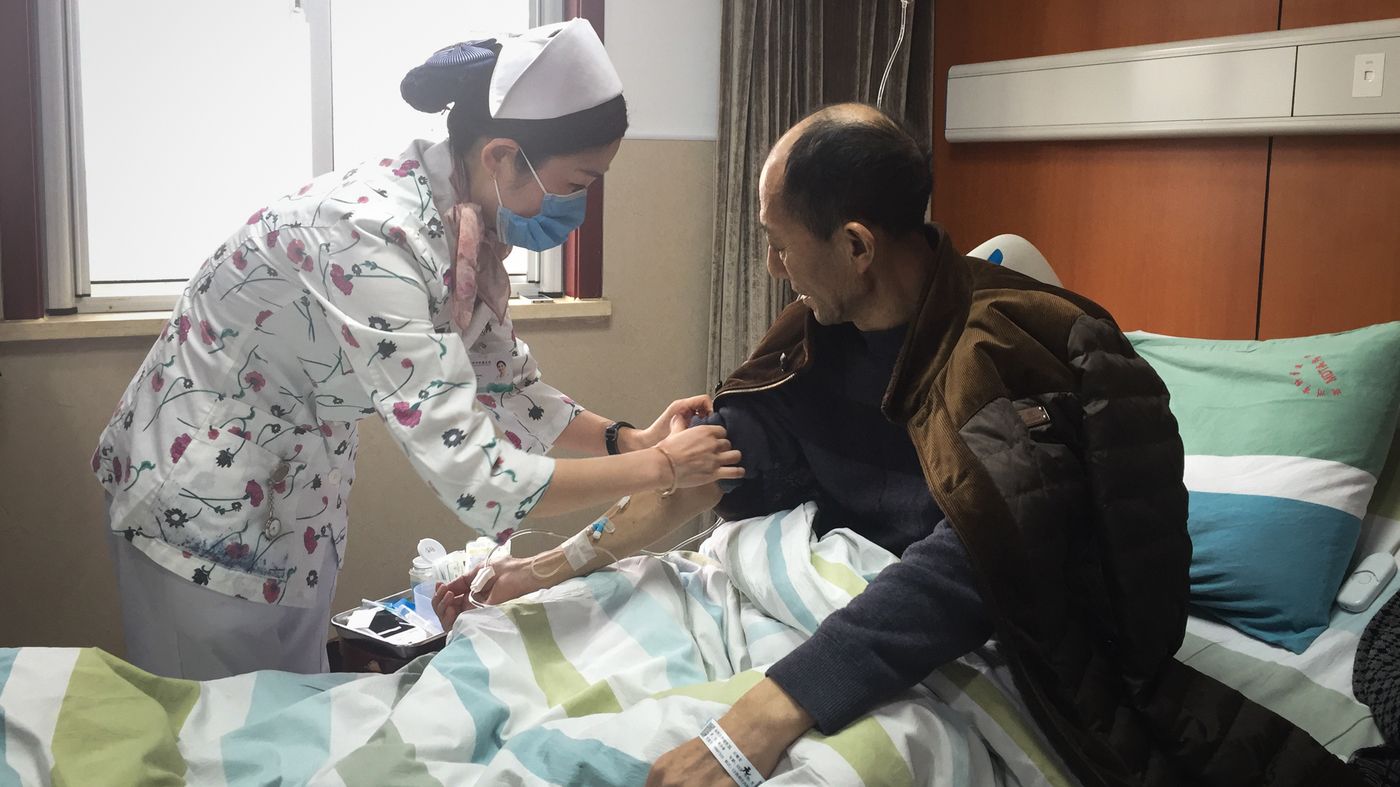
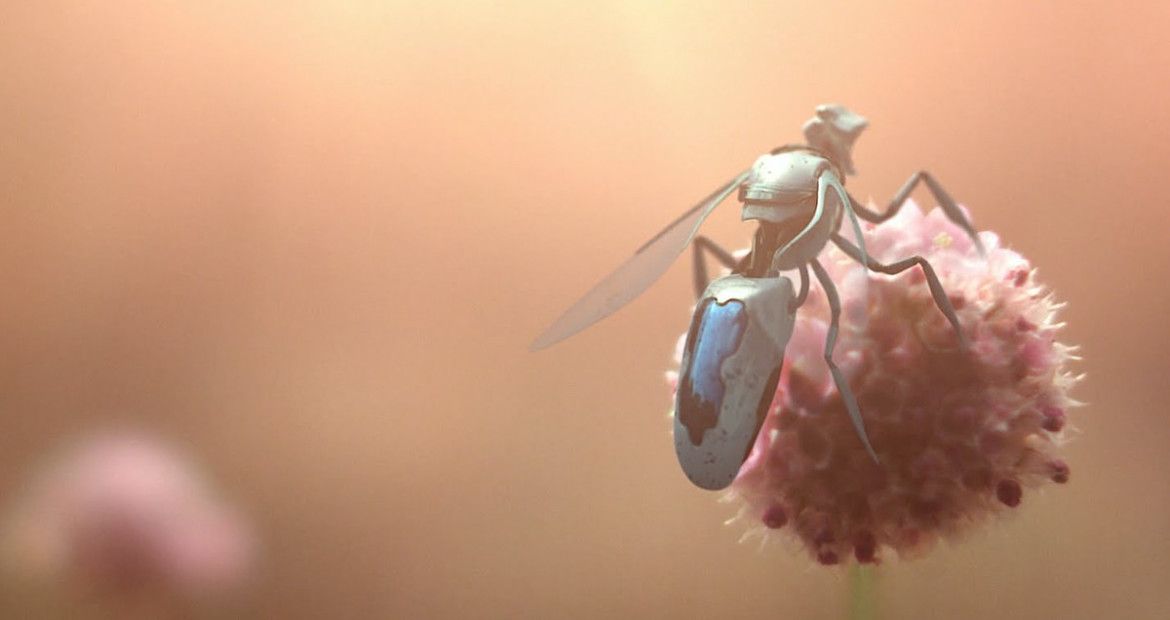
In an example of life imitating art, scientists have come up with a technology straight out of an episode of Black Mirror: Bee-like pollinating drones.
A team at the National Institute of Advanced Industrial Science and Technology (AIST) in Japan engineered the devices using a combination of horsehair, $USD 100 drones and a sticky ion gel.
It’s pretty simple really – first, the drones fly into flowers much like a bee would. Inside the flower, pollen gets stuck to the drone due to the combination of the ion gel and horsehair. That same pollen is then shaken off into the next flower, and so on. It’s just your run of the mill birds and the robots bees.
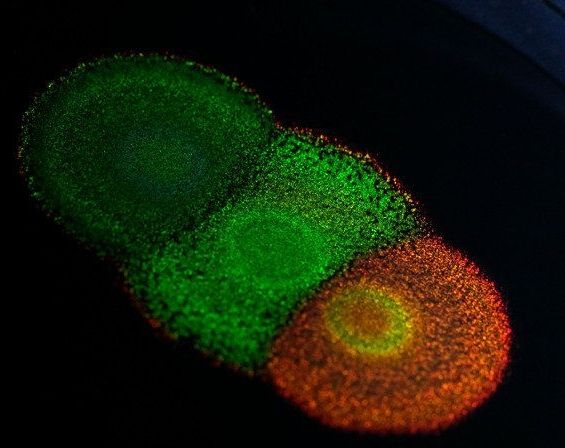
Researchers have unlocked the genetic code behind some of the brightest and most vibrant colours in nature. The paper, published in the journal PNAS, is the first study of the genetics of structural colour — as seen in butterfly wings and peacock feathers — and paves the way for genetic research in a variety of structurally coloured organisms.
The study is a collaboration between the University of Cambridge and Dutch company Hoekmine BV and shows how genetics can change the colour, and appearance, of certain types of brightly-coloured bacteria. The results open up the possibility of harvesting these bacteria for the large-scale manufacturing of nanostructured materials: biodegradable, non-toxic paints could be ‘grown’ and not made, for example.
Flavobacterium is a type of bacteria that packs together in colonies that produce striking metallic colours, which come not from pigments, but from their internal structure, which reflects light at certain wavelengths. Scientists are still puzzled as to how these intricate structures are genetically engineered by nature, however.
Dr Ian Pearson, a leading futurologist from Ipswich, claims that if people can survive until 2050 they could live forever thanks to advances in AI, android bodies and genetic engineering.

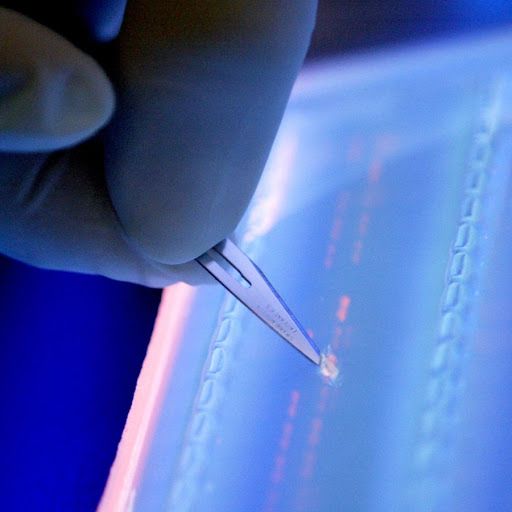
A scientist cuts a DNA fragment under UV light for DNA sequencing. Image: AP Five years ago, when researchers first discovered that bacterial immune systems could be hijacked to edit DNA in living creatures, it was big news. The technology, called CRISPR, allowed scientists to more easily than ever cut and paste all those As, Cs, Ts, and Gs that make up the base pairs of DNA and encode the world’s living things. With CRISPR, scientists could use genetic engineering to tackle problems from disease to famine. But gene editing with CRISPR is so 2017. Recently, scientists have begun exploring n…

Summary: Designer babies have recently become possible, as new techniques have gained credibility from serious scientists. Here’s how they can do it. [This article first appeared on LongevityFacts. Author: Brady Hartman. ]
On Feb 8, the AHA named “Fixing a gene mutation in human embryos” as among the “top advances in heart disease and stroke research” of the past year. They joined a chorus of voices heralding this as a research breakthrough.
The announcement brought attention to the fact that US scientists have recently demonstrated the plausibility of using gene editing to make designer babies.
